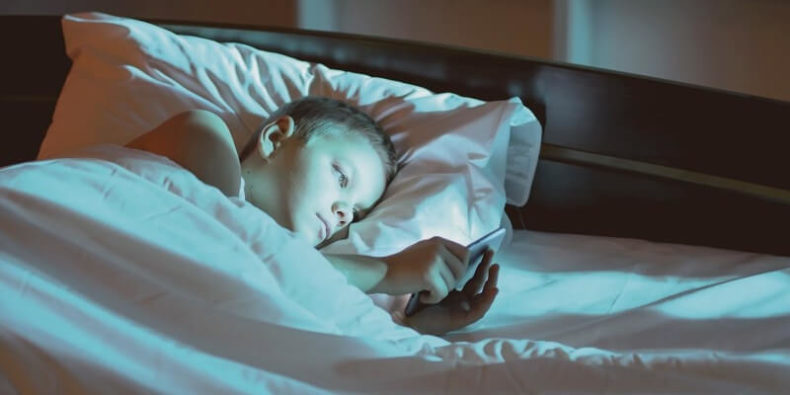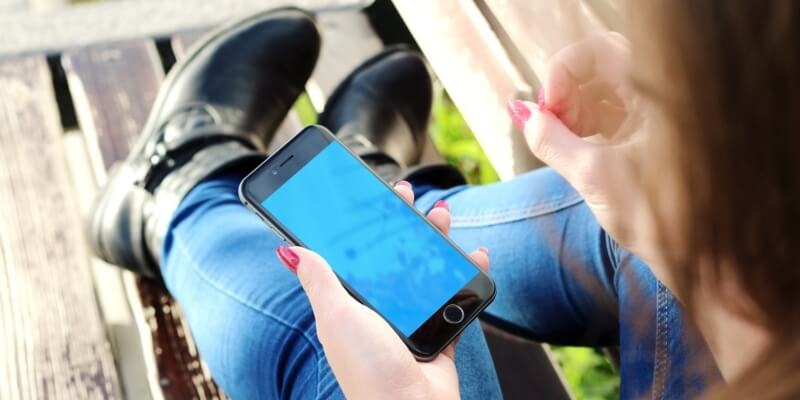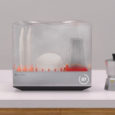
Source: Oman Observer
A smartphone can easily detect and keep track of things like daily steps, sleep patterns and nutrition. But can it also detect if you’re depressed? It turns out that, yes, via a system of data collection and analysis a smartphone is an effective tool with which to determine if a user is suffering from mild to severe depression.
But does this mean that, logically, a smartphone is also an effective means by which to provide treatment for depression? It all sounds too good to be true, but according to recent reports from healthcare and psychology researchers, smartphone apps may soon be the accepted fashion with which to treat depression.
How Does A Phone Detect Depression?
Suggesting that a mobile device can detect depression conjures up all sorts of mental images. Does it analyse heart rates, brain waves or perhaps pupil dilation in some sort of science fiction style human analysis system? Wouldn’t this require specialised and sophisticated hardware and software?
No, nothing is required beyond a simple app that is installed on the device and is allowed to record mobile phone usage patterns. It turns out that understanding how a user interacts with their device is an extremely accurate means by which to estimate their mental health. The simple software, once installed, passively records device usage statistics, after which information can be gleaned about the user’s mental health.
So should the user be texting, visiting social media websites, or simply having some fun playing online Blackjack, the software is keeping track of the usage patterns, and analysing them.
Depression And Phone Usage

Major indicators that a user might be suffering depression include the amount of time spent on the mobile device, as well as records of how often, and commonly, the user makes trips beyond a routinely kept schedule. If, for example, it is found that the user rarely leaves home, or rarely ever departs from a work and home daily schedule, the chances of depression go up.
Likewise, if the user spends more than the average amount using the device, the chances of depression likewise increase. A strong correlation between a minimal social life and excessive mobile phone usage are, therefore, a major indicator that the user might be experiencing signs of clinical depression.
There are, of course other factors involved, but the focus on data is a sign of what is referred to as typical avoidance behaviour, which is one of the major signs that depression is being experienced.
But can such data analysis of this kind really provide accurate results? Yes. Dr. Sohrob Saeb, the lead researcher of the software has confirmed that the results are not just accurate, but have an up to 87% accuracy rate, which clearly speaks for itself. Of the 28 patients used in the study, Dr. Saeb is confident in saying that the developed software did its intended job with flying colours.
Mobile Device Depression Treatment
So perhaps a mobile phone application can detect depression, but is it also possible that it could be an effective method by which to treat depression?
This is a little trickier, but seems that work is already underway in which to make this a reality. HealthRhythms, a New York based company, recently received a grant of $2.1 million to develop an app that will act as a mental health companion for those suffering from clinical depression.
The software would simply analyse data in much the same way as Dr. Saeb’s experimental software, and provide behaviour suggestions to users throughout the day. Presently this app is not yet available to the public, but should be in the near future.



























